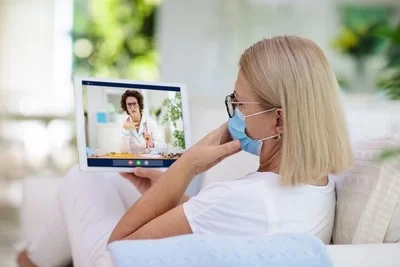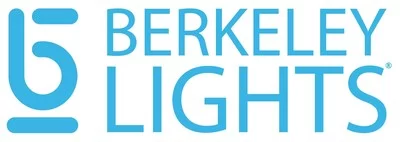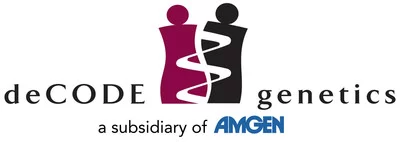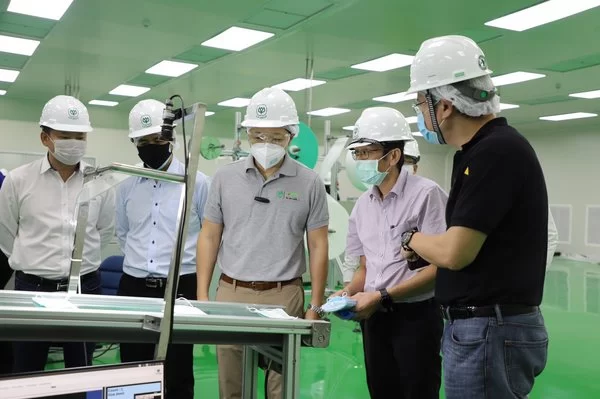Demand for telehealth will soar by 64.3% in the US in 2020 as the COVID-19 pandemic disrupts the practice of medicine and the delivery of healthcare SANTA CLARA, California, May 14, 2020 /PRNewswire/ — Frost & Sullivan’s recent analysis, Telehealth—A Technology-Based…
Leica Biosystems launches Aperio GT 450 DX in Asia enabling high volume clinical labs to scale up digital pathology operations
VISTA, California, May 12, 2020 /PRNewswire/ — Leica Biosystems, the global leader in pathology workflow solutions, announced today that it has launched the Aperio GT 450 DX, its next generation digital pathology scanner, in the APAC region. With continuous loading, no-touch…
Creality, a Global 3D Printer Manufacturer, Printed Medical Supplies for Hospitals Amid Supply Chain Challenge During COVID-19
SHENZHEN, China, May 1, 2020 /PRNewswire/ — Creality, a global 3D printer manufacturer based in Shenzhen, China, was providing 3D printed medical supplies for hospitals. According to Jack Chen, the CEO and co-founder of the company, Creality was utilizing 100…
Berkeley Lights Launches Two New Capabilities in the Opto Cell Therapy Development 1.0 Workflow to Accelerate the Creation Of Effective Cancer Immunotherapies
The new multiplex cytokine and cytotoxicity assays as a part of the Opto Cell Therapy Development 1.0 workflow will help users of the Berkeley Lights’ platform develop cancer immunotherapies faster EMERYVILLE, Calif., April 28, 2020 /PRNewswire/ — Today, Berkeley Lights, Inc.,…
Icelandic Genomes Elucidate Neanderthal Heritage of Europeans
Archaic genetic fragments comprising nearly half the Neanderthal genome are circulating in the European gene pool today The average European carries more than 500 such archaic fragments, including SNPs linked to prostate cancer risk, iron retention, blood clotting speed, and…
Vela Diagnostics receives BARDA funding to develop COVID-19 tests
FAIRFIELD, N.J., April 20, 2020 /PRNewswire/ — Vela Diagnostics has been awarded a $225,000 contract by the Biomedical Advanced Research and Development Authority (BARDA) part of the office of the Assistant Secretary for Preparedness and Response at the U.S. Department…
Charoen Pokphand Group Launches Surgical Mask Factory along with Multi-Pronged Initiatives against COVID-19
Production starts today at surgical mask factory in Bangkok, producing 100,000 masks per day Pledged to save jobs across the Group, along with medical, food and education support for employees Donated USD 29.14 Million in Thailand to tackle COVID-19 BANGKOK,…









